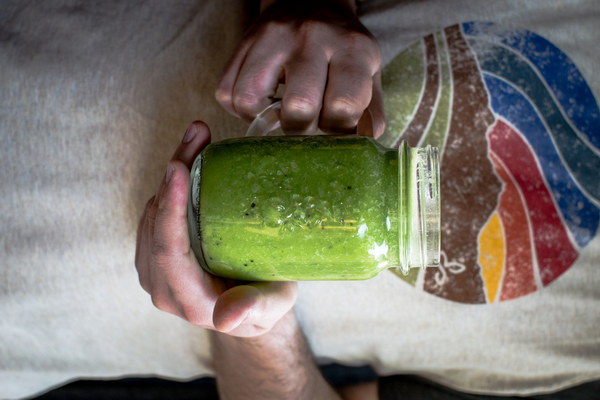Caring for the Carers Essential Self-Care Practices for Frontline COVID-19 Workers
The COVID-19 pandemic has brought an unprecedented challenge to healthcare workers and frontline staff, who tirelessly work to combat the spread of the virus and care for the sick. Amidst the relentless efforts to save lives, the well-being of these dedicated professionals cannot be overlooked. This article aims to highlight essential self-care practices that can help frontline workers maintain their physical and mental health during these trying times.
1. Prioritize Rest and Sleep
Fatigue is a common concern among healthcare workers, making it crucial to prioritize rest and sleep. A good night's sleep is essential for physical recovery, cognitive function, and overall well-being. Frontline workers should aim for at least 7-9 hours of sleep per night, establish a consistent sleep schedule, and create a relaxing bedtime routine to improve sleep quality.
2. Maintain a Healthy Diet
A balanced diet can provide the necessary nutrients to support immune function and energy levels. Frontline workers should focus on consuming a variety of fruits, vegetables, whole grains, lean proteins, and healthy fats. Hydration is also vital; drinking plenty of water throughout the day can help maintain energy levels and support kidney function.
3. Engage in Regular Physical Activity
Physical activity is an effective way to reduce stress, improve mood, and boost overall well-being. Frontline workers should find time to engage in regular exercise, such as walking, jogging, cycling, or strength training. Even short, 10-minute breaks to stretch or do some light exercise can help alleviate muscle tension and improve mood.
4. Practice Mindfulness and Stress Reduction Techniques
The constant exposure to stress and trauma can take a toll on the mental health of frontline workers. To combat this, it is important to incorporate mindfulness and stress-reduction techniques into daily routines. Practices such as meditation, deep breathing exercises, progressive muscle relaxation, and yoga can help manage stress and improve mental resilience.
5. Maintain Social Connections

Despite the physical distance, maintaining social connections is crucial for mental well-being. Frontline workers should make an effort to stay in touch with friends, family, and colleagues through phone calls, video chats, and social media. Sharing experiences, seeking support, and celebrating small victories can help alleviate feelings of isolation and depression.
6. Seek Professional Support
It is important for frontline workers to recognize the signs of mental and emotional distress and seek professional support when needed. Mental health services, such as counseling or therapy, can provide valuable resources and coping strategies to help navigate the challenges of the pandemic.
7. Take Breaks and Time Off
Frontline workers should prioritize taking breaks and time off to recharge and recover. This may involve scheduling a vacation, taking a few days off to rest, or simply spending time doing activities that bring joy and relaxation. Overworking can lead to burnout, decreased productivity, and increased risk of illness.
In conclusion, the well-being of frontline workers is of paramount importance during the COVID-19 pandemic. By prioritizing rest, maintaining a healthy diet, engaging in physical activity, practicing mindfulness, maintaining social connections, seeking professional support, and taking breaks, these dedicated professionals can ensure their own health and continue to provide exceptional care to those in need. It is crucial that we recognize and support the efforts of these heroes, as their resilience and self-care practices will play a vital role in overcoming the challenges ahead.









